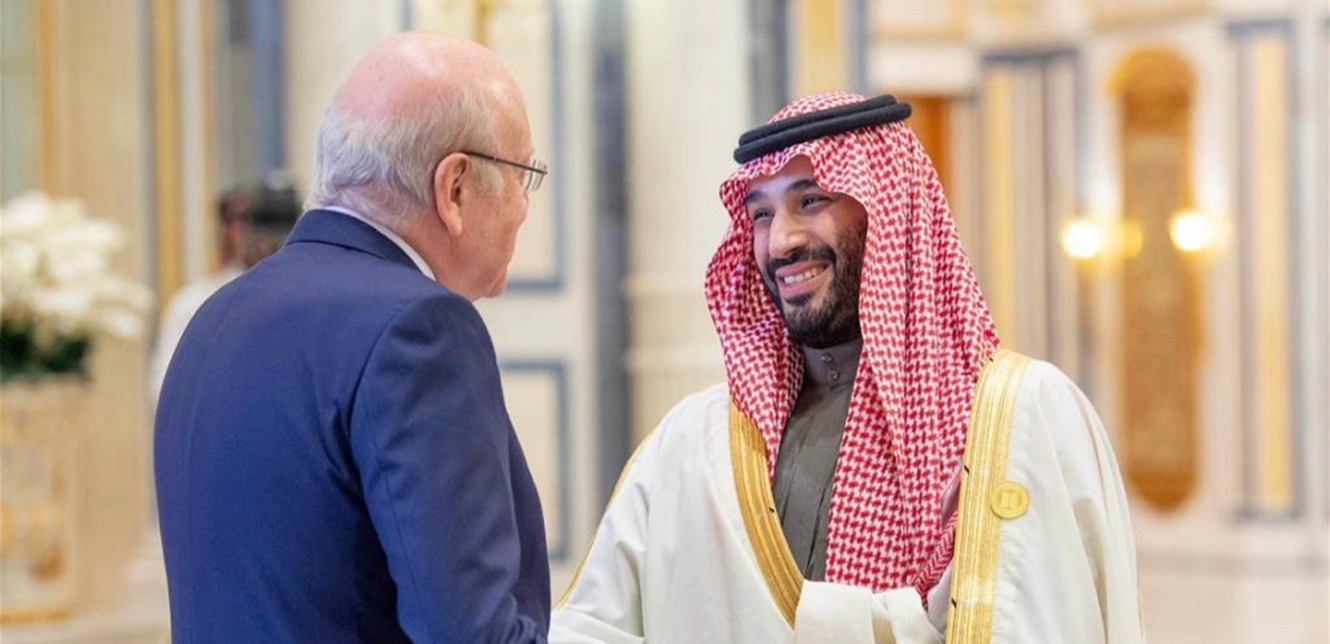The internal political climate and climates are becoming increasingly tense and tense on all axes of open crises, from the crisis of the presidential vacuum to the crisis of the convening of cabinet meetings and legislative sessions of the House of Representatives, so much so that it has become very difficult to expect a turning point, even relative, in none of them before solving the big problem represented by the impossibility of electing the next president of the republic. .
Al-Nahar wrote: Looking forward to a new week during which will be the fate of the latest proposal made by the Speaker of the Parliament Nabih Berri to transform the upcoming tenth session to elect the President of the Republic into a session of dialogue between the heads of parliamentary blocs next Tuesday, so that Berri can define the mechanism, or send a new invitation to parliament to elect the president of the republic, in the event that the responses of the leaders of the blocs in most of them, in particular the Christian ones, are negative, or to announce the transformation of next Thursday’s session into a session of consultation and dialogue between the heads of the parliamentary blocs on the outcome of the presidential elections, in the light of the nine failed sessions to elect the President of the Republic, in the event that the responses from the blocks are mostly positive to Berri’s proposal. However, amidst this state of anticipation, it was no secret that a new pressure and negative atmosphere had emerged in the last few hours in light of the tension left by the “Free Patriotic Movement” campaign against the interim prime minister, Najib Mikati , last Friday, especially from Bkerke. This campaign left dull and strained echoes after the use of the Aounist campaign against Mikati was launched within a sectarian framework which he feared would cause corresponding sectarian hesitation.
There are also those who spoke of a response campaign expected from the beginning of the week from Sunni leaders and deputies in response to Gebran Bassil’s campaign against the prime minister.
Thus, the remarkable development that took place yesterday in Riyadh with the reception of Saudi Crown Prince Mohammed bin Salman, President Mikati, has acquired indications of doubly important, as it is the first time that bin Salman singles out Mikati in this official meeting ceremony public, or in terms of the internal influences he will leave during Aoun’s campaign over a government president.
Prince Mohammed bin Salman received President Mikati at the Irqah Palace in Riyadh, the day after Mikati’s participation, representing Lebanon, in the Arab-China summit, and held a bilateral meeting with him.
And the Saudi news agency released the following statement: His Royal Highness Prince Muhammad bin Salman bin Abdulaziz Al Saud, Crown Prince and Prime Minister, today received in Riyadh His Excellency Najib Mikati, Prime Minister of Lebanon.
During the reception, aspects of the bilateral relations between the two countries were reviewed.
His Excellency the Lebanese Prime Minister expressed his constant thanks and appreciation for the historical positions of the Kingdom towards Lebanon and for the essential role of the Kingdom in establishing Lebanese reconciliation and consolidating the peace phase after the approval of the Document of national reconciliation at the Taif Conference.
Your country also affirmed the Lebanese government’s commitment to take all measures to avoid insulting the Kingdom of Saudi Arabia and all Arab countries, especially the countries of the Cooperation Council for the Arab States of the Gulf.
During the reception, the importance of electing a president for Lebanon and of implementing the reforms desired by the Lebanese people and the international community were underlined.
His Highness the Crown Prince – may God protect him – affirmed the Kingdom’s interest in the security and stability of Lebanon, and in the continuation of the humanitarian support provided by the Kingdom and France to the fraternal Lebanese people.


